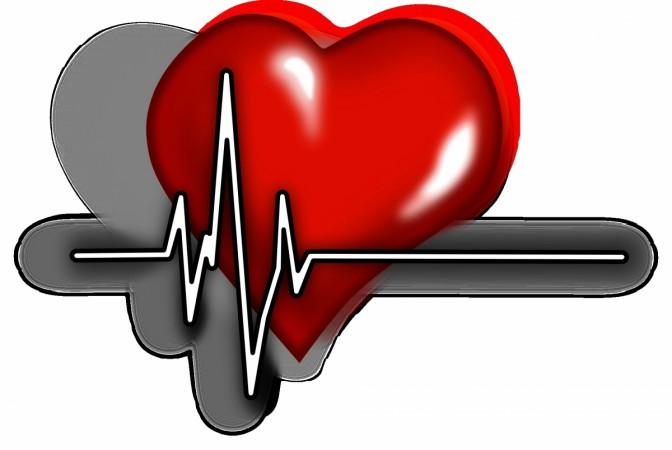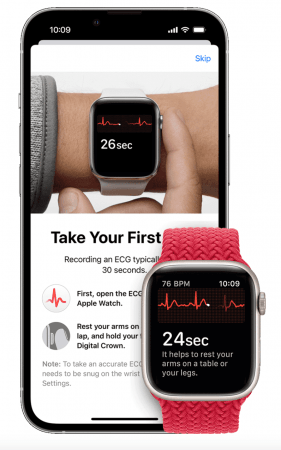Perhaps, like millions of other people his age, 34-year-old Nitesh Chopra, a dentist residing in Yamuna Nagar Haryana, would have also initially ignored the discomfort in his chest. But thanks to the wearable technology, Chopra monitored his ECG through Apple Watch which showed an irregular heart rhythm (Afib) alert.

Chopra and his wife immediately went to the nearest hospital, where the doctors repeated the ECG which reconfirmed the earlier results. Needless to say, the hospital immediately admitted Chopra, without wasting any time performed an angiography which showed his main coronary artery to be completely blocked. The doctors placed a stent in his heart and confirmed that any delay could have proven to be deadly.
Chopra is one of the few lucky patients to have received timely medical attention. His wife Neha, later wrote a letter thanking Tim Cook, to which he responded as well. "We reached the hospital only because of the technology provided by you and my husband is now fine and healthy. I wish you lots of love and happiness and thank you for giving my husband his life."
A message for all

Chopra admits to having gotten lucky with the treatment and the diagnoses. He wants everyone else to learn a lesson from his episode. "We ignored the readings thinking a young man in his early thirties can't have such arrhythmia. But our last reading on Saturday, March 12, was consistent with the previous alerts and made us believe that something was not right with my heart health and we should rush to the hospital. Once we reached the hospital, the doctor did an ECG and we even compared it with the monitor. When I was in CCU, my wife and I were continuously comparing the readings which were in sync."
How it works out?
The ECG app can record the wearer's heartbeat and rhythm using the electrical heart sensor and then check the recording for atrial fibrillation (Afib). AFib is a common type of irregular heart rhythm where the upper chambers of the heart beat out of sync with the lower chambers.
How irregular rhythm notifications work?

The irregular rhythm notification feature on the Apple Watch will occasionally look at your heartbeat to check for an irregular rhythm that may be AFib. This usually happens when you're still to ensure a more accurate reading. Depending on how active you are, the number of readings collected each day and the time between these readings will vary.
Why you should monitor Afib?
According to the CDC, approximately 2% of people younger than 65 years old and 9% of people 65 and older have AFib. Irregularities in heart rhythm become more common as people get older. Some individuals with AFib don't experience any symptoms. Others experience symptoms that could include rapid heartbeat, palpitations, fatigue, or shortness of breath.
AFib can be temporary or persistent, and people with AFib often live healthy, active lives. AFib episodes can be prevented through regular physical activity, eating a heart-healthy diet, maintaining a healthy weight, and treating other medical conditions that could worsen AFib. If left untreated, AFib can lead to heart failure or blood clots that may lead to stroke. AFib can be managed with a doctor's care and medication, and early diagnosis and treatment can prevent such complications.
Of heart diseases and statistics
Regardless of age, gender and ethnicity, heart diseases are the leading cause of death almost across the world. As per the latest statistics shared by CDC, one person dies every 36 seconds in the United States from cardiovascular disease. Furthermore, coronary heart disease is the most common type of heart disease. Reportedly, about 18.2 million adults age 20 and older have CAD (about 6.7%).

















